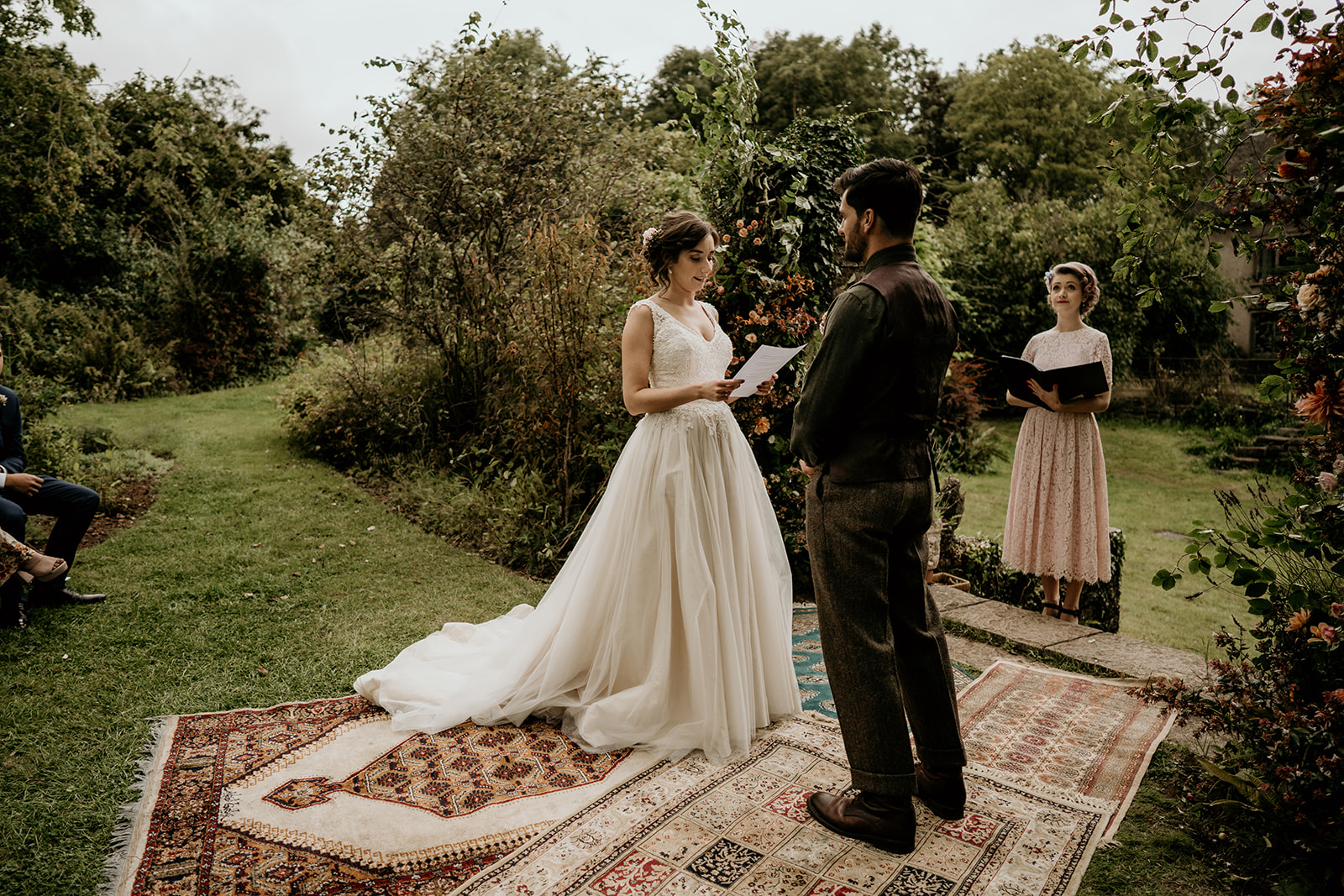Table of Contents
Becoming a celebrant is a rewarding and meaningful profession for individuals who are passionate about helping others mark life’s significant milestones. Whether it’s a wedding, funeral, or naming ceremony, celebrants play a key role in shaping experiences that are personal, memorable, and deeply emotional. If you’re considering this path, this guide will provide a detailed overview of how to become a celebrant, including qualifications, skills, legal considerations, and career opportunities.
Understanding the Role of a Celebrant
A celebrant is a trained professional who officiates and facilitates a variety of ceremonies, often tailored to the individual preferences of the clients. These ceremonies may or may not be religious, depending on the context and the celebrant’s scope of practice.
Types of Celebrant Roles
- Wedding Celebrants: Conduct personalized, often non-religious wedding ceremonies. Unlike registrars, they are not always authorized to perform the legal aspects of the marriage, depending on the country.
- Funeral Celebrants: Provide compassionate support to grieving families, creating and leading bespoke funeral or memorial services.
- Civil Celebrants: Officiate non-religious or secular ceremonies such as baby naming ceremonies, vow renewals, coming-of-age events, and commitment ceremonies.
Celebrants often work independently, tailoring each event to the beliefs, values, and wishes of their clients, making their role both versatile and people-focused.
How to Become a Celebrant: Educational and Professional Requirements
While there is no single standardized path to becoming a celebrant, several educational and training routes can prepare you for a successful career.
Necessary Qualifications
In many countries, there are no formal educational prerequisites to begin celebrant training. However, having a background in fields such as social work, teaching, counseling, or event planning can be advantageous. A strong grasp of written and spoken English is essential.
Training Programs
Professional training is strongly recommended and often expected by clients and industry peers. Training courses cover key topics such as:
- Ceremonial structure and scriptwriting
- Legal knowledge (varies by region)
- Cultural and religious sensitivity
- Voice and presentation skills
Look for training providers that offer recognized certifications such as:
- UK: Civil Ceremonies Ltd, UKSOC, or Fellowship of Professional Celebrants
- Australia: Certificate IV in Celebrancy (mandatory for legal weddings)
- USA: The Celebrant Foundation & Institute
Certification Processes
Although certification is not always legally required, it lends credibility and may be necessary for those wishing to conduct legally binding ceremonies. Ensure the training provider is reputable and offers hands-on experience, mentoring, and ongoing professional development.
Essential Skills for a Successful Celebrant Career
To thrive in the celebrant profession, soft skills are just as vital as formal training. These include:
Communication Skills
Clear, empathetic, and confident communication is key. Celebrants must be able to connect with clients, understand their needs, and articulate their stories effectively during ceremonies.
Public Speaking
As the focal point of the ceremony, strong public speaking skills are a must. Confidence, clarity, and presence help make the ceremony impactful and meaningful.
Emotional Intelligence
Celebrants often work with clients during emotionally charged moments—whether joyous or sorrowful. The ability to listen deeply, show empathy, and respond appropriately is crucial.
Legal Knowledge
Understanding the legal framework surrounding ceremonies (especially marriages and funerals) is essential. This includes knowing the legal obligations, required documentation, and officiating laws specific to your jurisdiction.
Steps to Launch Your Celebrant Career
Once you’ve completed the necessary training, you can begin building your celebrant career with a few key steps:
Initial Training
Choose a course aligned with your career goals—whether you’re focusing on weddings, funerals, or civil ceremonies. Attend workshops, gain practical experience, and collect feedback on your performance.
Build a Professional Network
Join professional associations such as the Association of Independent Celebrants or Humanists UK. These networks provide support, visibility, and credibility. Networking with event planners, funeral directors, and wedding coordinators can also help you secure bookings.
Market Your Services
Develop a professional website and social media presence to showcase your services, testimonials, and ceremony samples. Consider investing in branding, professional photos, and marketing materials. Platforms like Google Business, Instagram, and Facebook are particularly effective for celebrants.
Legal Considerations
Register with the relevant authorities if you want to perform legally binding weddings (as required in Australia or parts of the UK and US). Keep up with changes in legislation and professional standards.
Career Prospects and Opportunities
Becoming a celebrant opens doors to a flexible and emotionally fulfilling career. While the profession can be competitive, especially in urban areas, demand for personalized ceremonies is rising.
Different Ceremony Types
Diversifying the types of ceremonies you offer—such as pet memorials, adoption ceremonies, or corporate events—can increase your income and reach.
Potential Income
Earnings vary widely depending on location, experience, and the types of ceremonies performed. For example:
- Weddings: £300–£800 per ceremony (UK); $500–$1,000+ (US/Australia)
- Funerals: £150–£300 per service
- Naming Ceremonies: £150–£250
Many celebrants work part-time, but a growing number build successful full-time practices, especially with strong local marketing and referral networks.
Growth Potential
With experience, celebrants can expand their offerings by:
- Mentoring new celebrants
- Hosting workshops
- Writing ceremony scripts or guides
- Offering ceremony planning packages
Final Thoughts
If you’re compassionate, articulate, and passionate about celebrating life’s milestones, becoming a celebrant could be your ideal career path. From weddings to farewells, celebrants provide comfort, joy, and meaning in the lives of others. By following the steps outlined in this guide on how to become a celebrant, you can begin a fulfilling journey in a role that truly makes a difference.







